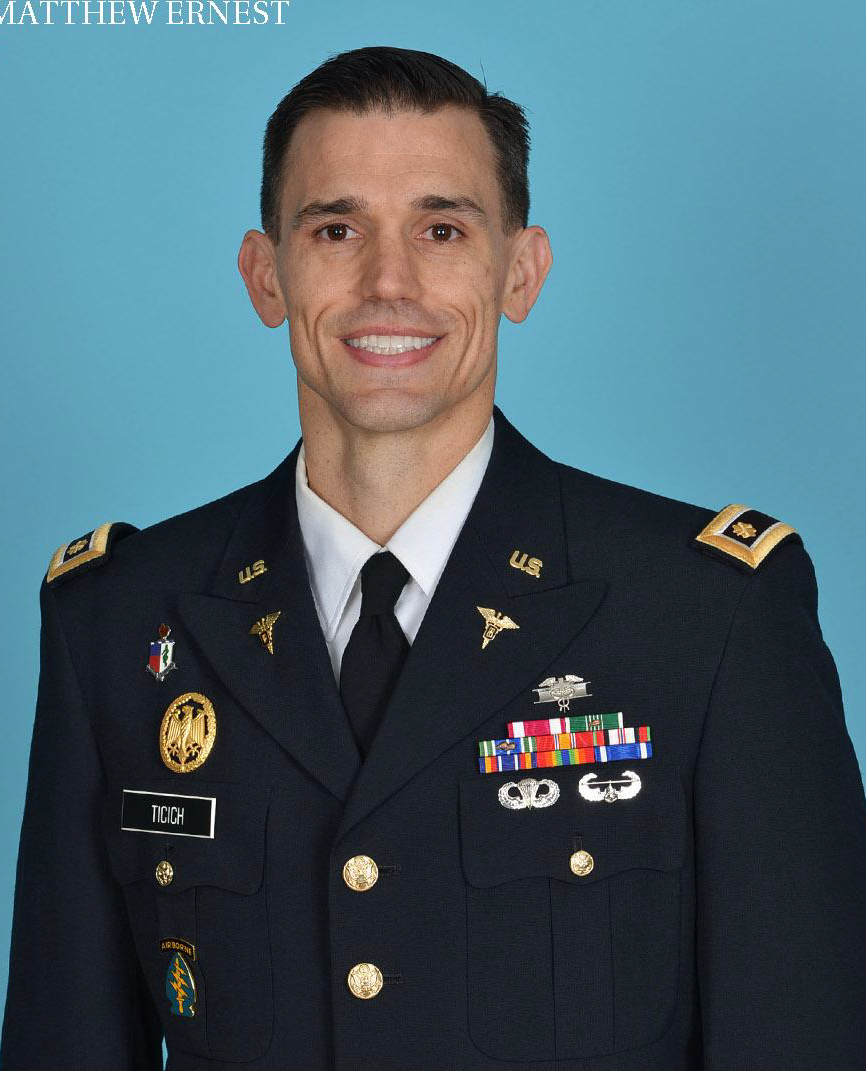Back
Poster Research
(PR07) Extractions: So Easy an Endodontist Can Do It
Thursday, April 28, 2022
1:00 PM – 4:00 PM PST
Location: Exhibit Hall

Matthew Ticich, D.M.D.
Fort Bragg Endodontic Resident
US Army Dental Activity, Ft Bragg
Southern Pines, North Carolina, United States
Presenter(s)
Abstract: Teeth referred for endodontic care, which are discovered to be non-restorable (e.g. vertical root fractures), typically prompt endodontists to refer to another dentist for the extraction. Army endodontists have an Individual Critical Task List (ICTL) that applies to all Army dental providers, regardless of their specialty. The premise is that Army dental providers must be comfortable executing all the basic skills of a general dentist, to include surgical extractions. The recommendation can then be made that a properly trained endodontist should be able to transition from the endodontic procedure to a surgical procedure once the tooth is deemed non-restorable. This would improve medical readiness of soldiers, alleviate referrals, allow for more productive appointments and permit Army endodontists to stay current with their ICTL. An anonymous electronic survey was distributed to all Army dentists with 234 responses recorded from 1100 surveyed. Results showed that 78.4% (n=29) of endodontists indicated that they were comfortable extracting teeth. However, when asked if they routinely extract teeth, endodontists reported the lowest rate (p < 0.01) of tooth extractions, with only 10.8% (n=4) indicating that they do so more than once a month. Likewise, the majority of respondents (n=164; 71.1%) endorsed having endodontists complete extractions with or without ridge preservation. The results of this study indicate that Army endodontists should be more willing to include extractions, with or without ridge preservation, into their clinical practice.

.jpg)
.jpg)
.jpg)